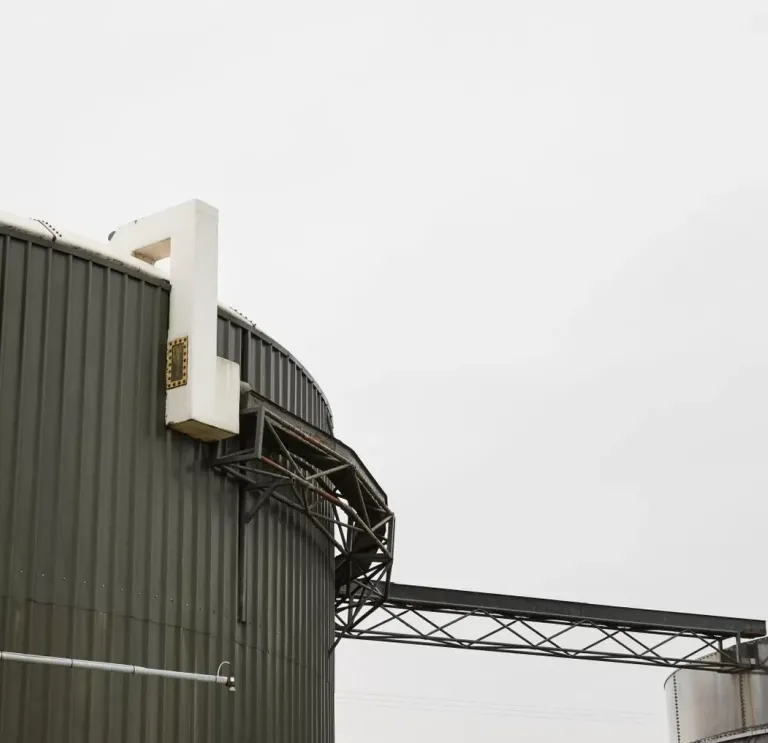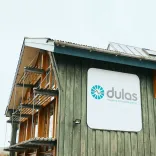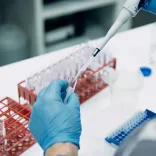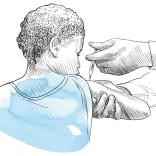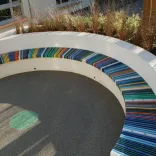Business backstory
The “Fre” in our name stands for Farm Renewable Environmental. Essentially, we process waste streams – predominantly those generated on farms, but also food waste – to capture the greenhouse gases. We then convert these to generate electricity, and we’re also currently looking to process the biogas into transportation fuels.
The key to this is anaerobic digestion, a biological process in which microorganisms break down biodegradable material. It’s a different approach to generating renewable energy than solar, wind or hydro power. I joined Fre-energy in 2012. It’s an industry that’s still very much in the embryonic stage as a contributor to generating renewable energy and managing waste, as well as improving the health of our soils.
We’ve developed and patented our own ways of processing the waste, and we’re proud to be able to say that we use Welsh technology which has been validated and is robust. Designed to process farm-generated wastes, it’s a year-round operation, day and night, and can reduce the impact of farming on the environment. Wales is a very good fit for our business. It’s a place where the agricultural sector is still strong.
Why Wales?
The ability to collaborate on research and development with leading Welsh universities such as Bangor, Swansea and Aberystwyth has been particularly valuable to us. We have even part-funded a PhD student from Bangor University to investigate the environmental and economic benefits of the technology we have developed.
There are currently five people in the company, and we always try to work with local organisations. We’re keen to support the next generation of scientists by sharing our knowledge – spreading the word about how our patented process can support an efficient waste management system for farms.
There’s good support for business owners in Wales. My advice to entrepreneurs would be to get out there and be proactive about exploring how each region would fit with your business aims. Do your homework about what assistance and tailored support is available. For example, we successfully applied in 2010 for a SMARTCymru Pre-Competitive Development Grant and used that money to secure the patent for our technology.
We’re expanding into new fields at Fre-energy. We’re increasingly doing troubleshooting work for failing plants, and we’re also working as part of a bio-refining collaboration agreement between international industry and academia to produce useful products from the waste streams of the Indian sugarcane industry. This is a new direction for us, and we were pleased to be have been invited to take part in the project by Aberystwyth University. Beyond this, we’re aiming to develop new processes to enhance the social, economic and environmental benefits of the energy of the future.
Work-life balance
For me, North-East Wales has the best of both worlds in that it’s close to the coast and countryside but also has great transport links.
I’m an environmental scientist by background and feel so lucky to live next to a 71-acre nature reserve, Maes y Pant. It’s a former quarry that’s now managed by the local community, with woodland trails and wonderful views across the Dee Valley. Wales is a great place to find the perfect work–life balance.
Learn more about Fre-energy on the Fre-energy website.
